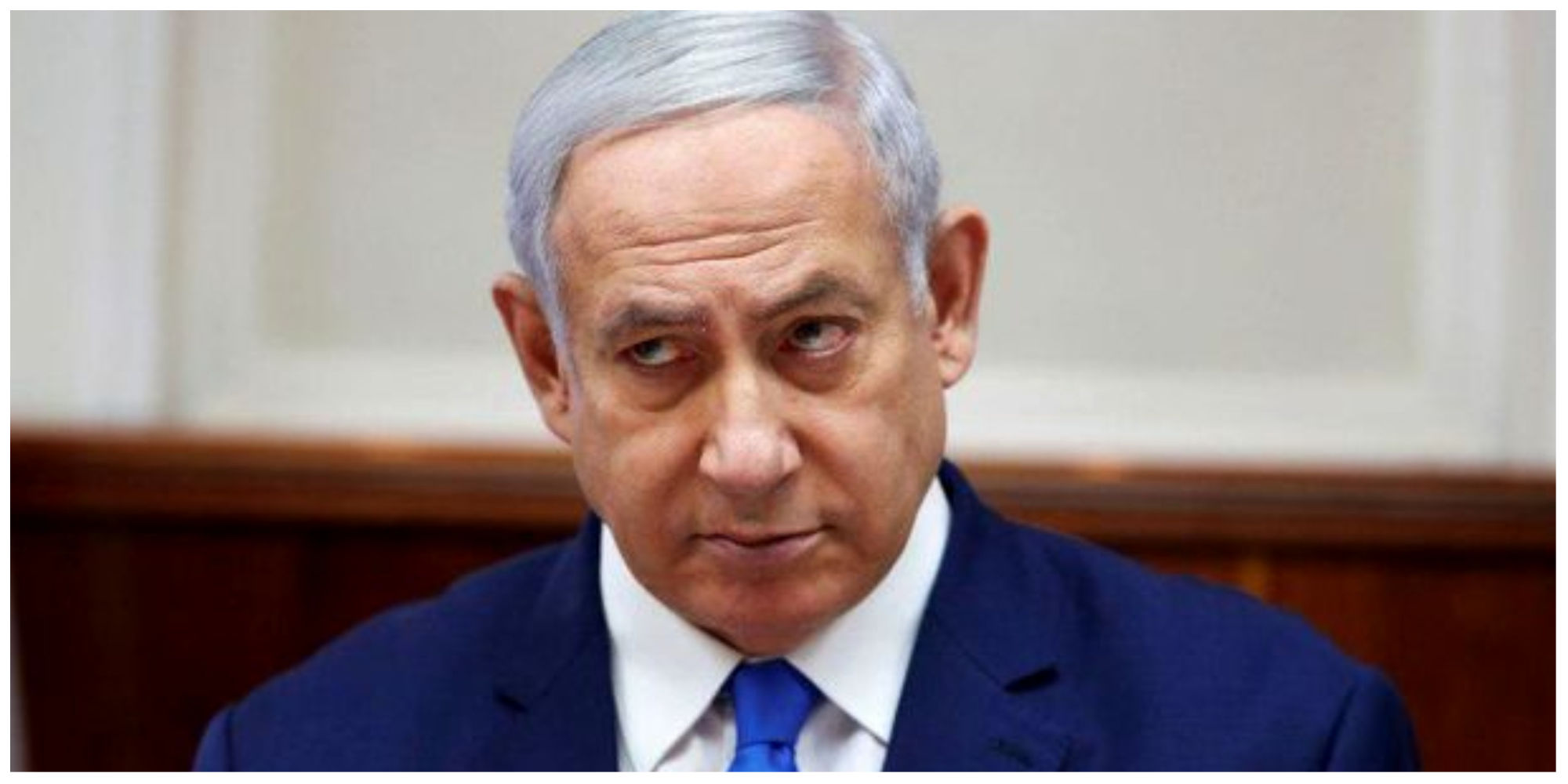Alwaght- Though in recent years the Syrian people felt the convenience of security after a long and horrible period of full-scale civil war, the occasional Israeli airstrikes on various parts of the country, especially the economic, logistic, and military infrastructures, still discomfort them. Actually, these days, the Israeli attacks make the only loophole of the Syrian vulnerability that still takes casualties despite arrangements by the Syrian government and its allies to effectively counter these raids, and it seems that continuation of them will cause a change in the defense strategy of Syria and its allies in the Axis of Resistance for effective confrontation of these hostilities.
In the latest round of attacks on Tuesday night, the Israeli warplanes launched new missile strikes on two different parts of Syria, eastern outskirts of Sweida province and and southern outskirts of the capital Damascus, killing two civilians and inflicting financial damage. This was the fourth round of airstrikes by the Israeli regime in less than a week. Israeli warplanes targeted Damascus and its suburbs on Thursday and Friday, and Homs and its suburbs on Sunday, killing and injuring five military personnel, including two Iranian military advisors.
The Israelis have again resorted to threats against Iranian interests and positions in Syria, including advisory forces. They have been violating Syrian sovereignty with their illegitimate attacks for years, targeting economic and logistic infrastructures. However, they have not blocked Iran’s advancement towards its strategic goals in Syria, except for making some intermittent disturbances. Therefore, the clue to the the recent intensified attacks should be searched somewhere else and not in Syria or Iran’s activities in that country.
Netanyahu seeking an escape plan
There is no doubt that in recent decades, the occupied Palestinian territories have never been subject to successive crises and deep internal divisions as much as the present time. After several years of political work to form a stable government, the political parties failed to achieve this goal. After four consecutive elections, Netanyahu formed a government. However, it has been facing a political turmoil and nationwide protests over the past three months of its life. The crisis is so serious that the government can collapse any moment and throw the Israeli regime back in the vicious cycle of elections. Certainly, Netanyahu is at the center of blame and protest; the PM who despite corruption cases is trying to find a way out of trial by curtailing the powers of the judiciary. But even quitting the controversial judicial reform plan has not calmed down the streets for Netanyahu, and his cabinet is plagued by convulsions, strikes, and protests.
In the middle of the exploding conditions, Netanyahu, who is called the magician of the Israeli politics, is returning to the threadbare plan of fomenting foreign crisis to partly distract the public attention by escalating the tensions with neighboring countries Syria and Lebanon. The radical cabinet in Tel Aviv is desperately searching for any excuses, from escalation against the Palestinians in the holy month of Ramadan to desecration of the Holy Al-Aqsa Mosque to escalating the tensions against Gaza and Syria, in order to police the home security atmosphere. Resorting to these options is meant to instill the idea that unceasing protests have impaired the national security against enemies. This serves to mobilize the radical forces and attract the backing of the grey layers of the society. This arrangement can ease the severity of the offensive stances of the opposition parties.
From another aspect, by arranging the airstrikes, Netanyahu has succeeded in keeping the armed forces on battle alert, something serving his push to break the rebellion of the armed forces, especially air force. Direct Israeli attacks on Hezbollah positions and sites hosting Iranian military advisors will possibly lead to retaliation and unwanted confrontation, as official statements by Iran’s Islamic Revolutionary Guards Corps (IRGC) have emphasized that retaliation is certain. Undoubtedly, in a state of battle alert, army forces mutiny in the Israeli army ranks can trigger serious punishments. On Monday, Israeli sources said that Tel Aviv shot down a drone that had flown from Syria and successfully crossed the Israeli security shields and penetrated the Israeli airspace undetected. Netanyahu will use this incident and the air attacks as a credit for himself and a uniting factor to mobilize the Israeli forces and bridge their divisions with the government.



























